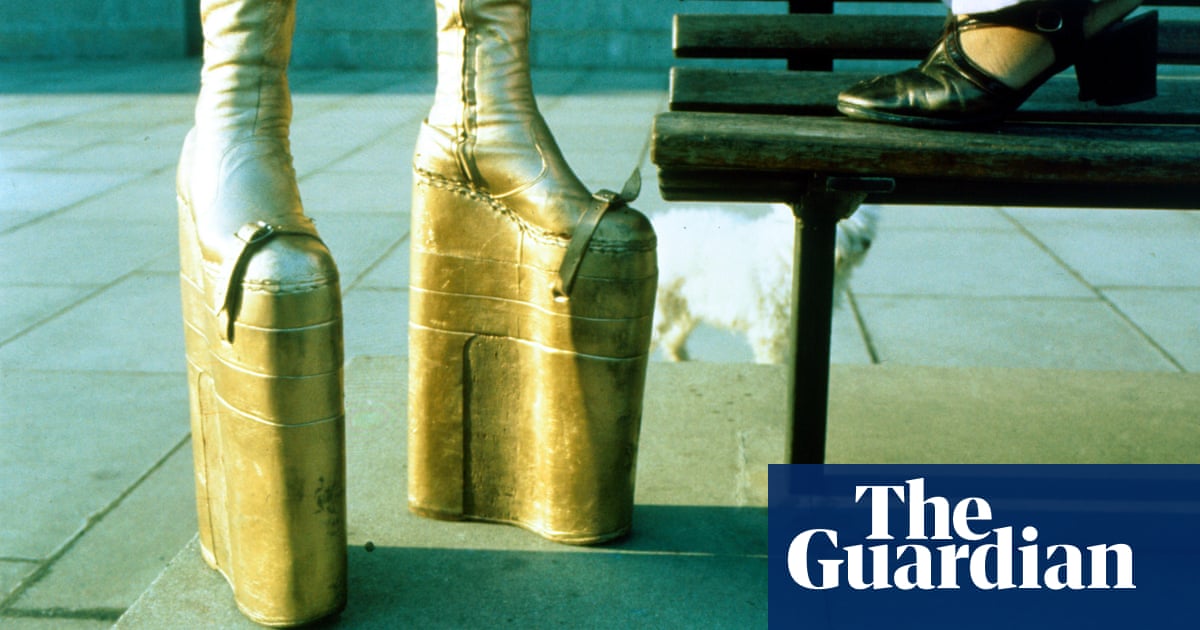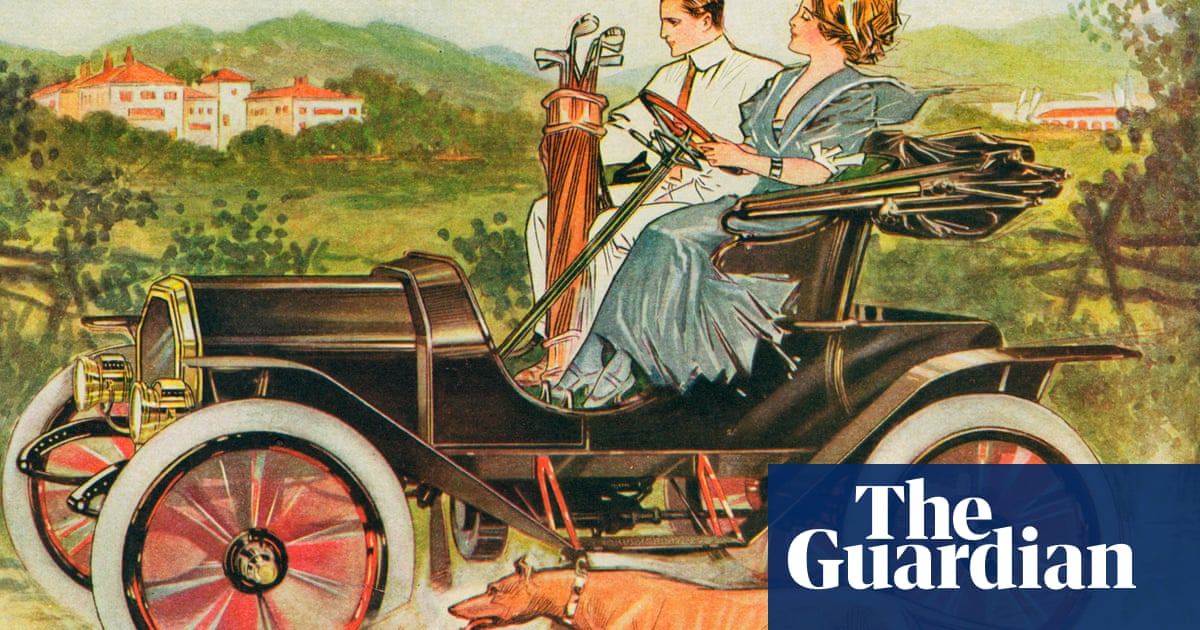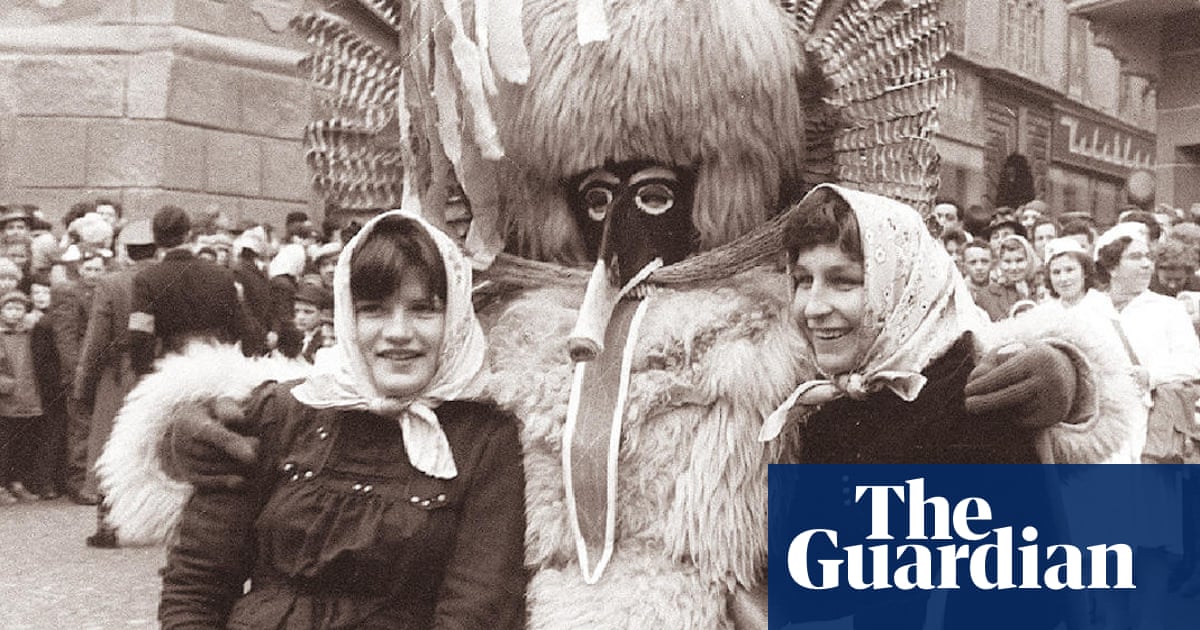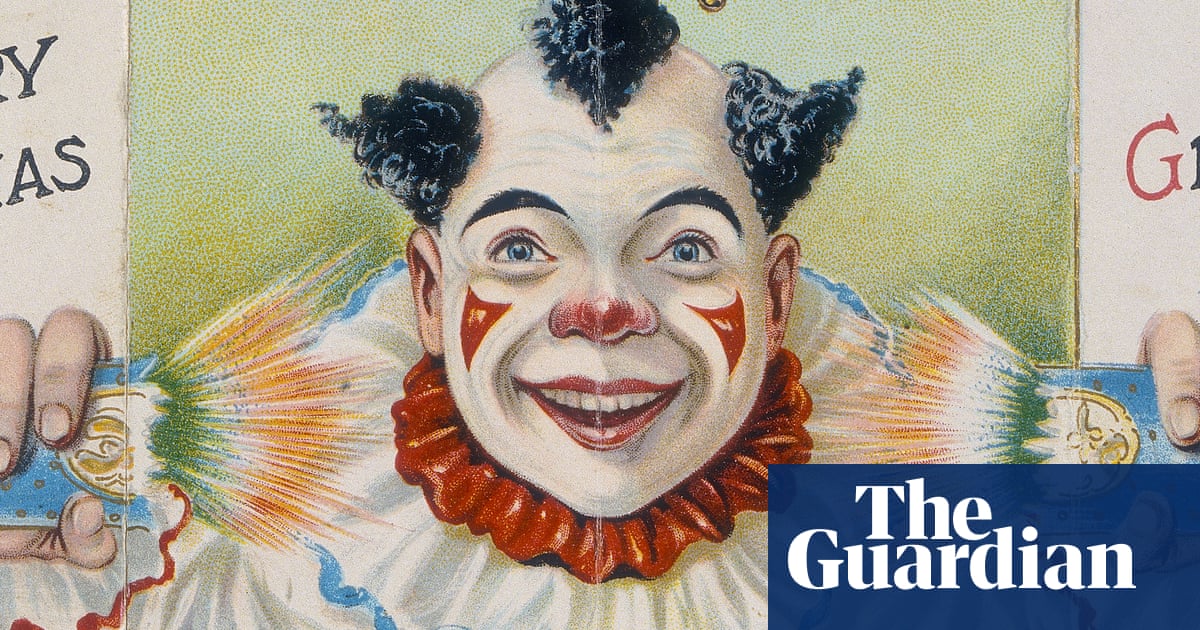
Picture the scene: it’s Boxing Day and night has fallen (2pm around these parts). You’ve returned every unwanted gift you can, stocked up on Lemsip and loo roll and had a few tense conversations about “what’s for dinner”. No one seems keen to watch the BBC’s prestige drama, ITV is on its 19th episode of Corrie and Channel 5 has busted out an extended festive edition of “Nazi Megastructures”. You look at your family, slumped, leadenly staring at their phones, and before you can stop yourself, you hear these fatal words exit your mouth: “Shall we play a game?”
A roll of the dice and two hours later your home and all your relationships are smouldering ruins. At least one person is crying, several are unaccounted for, things have been said that can’t be unsaid, the dog is hiding behind the washing machine and the kitchen floor crunches with broken glass. All this could have been avoided if you had just remembered: board games are evil.
Picture the scene: it’s Boxing Day and night has fallen (2pm around these parts). You’ve returned every unwanted gift you can, stocked up on Lemsip and loo roll and had a few tense conversations about “what’s for dinner”. No one seems keen to watch the BBC’s prestige drama, ITV is on its 19th episode of Corrie and Channel 5 has busted out an extended festive edition of “Nazi Megastructures”. You look at your family, slumped, leadenly staring at their phones, and before you can stop yourself, you hear these fatal words exit your mouth: “Shall we play a game?”
A roll of the dice and two hours later your home and all your relationships are smouldering ruins. At least one person is crying, several are unaccounted for, things have been said that can’t be unsaid, the dog is hiding behind the washing machine and the kitchen floor crunches with broken glass. All this could have been avoided if you had just remembered: board games are evil.
“But board games are one of humanity’s most long-lived and convivial traditions,” you, a game-playing person, may protest. There were board games in Ancient Egypt, circa 3100BC; the Romans played a chess-like game called latrunculi, and games have existed for centuries on every continent. But there wasn’t much to do in ancient times, was there? Maybe it was better to keep busy than to contemplate your imminent death or covet your neighbour’s oxen or whatever. So sure, board games. Why not?
If I (the person who behaved so badly during our family’s only game of Risk that the board had to be destroyed) can’t convince you, maybe these – some of the weirdest games in history – can.
The Game of the French Revolution, 1791
Allons, enfants: start at the Bastille, avoid prison or court, land on squares advancing the Revolutionary cause (abolish salt tax, hunting and religious orders, make justice “free”), and roll the right number to reach the Assemblée Nationale, where the revolutionary magic happens. It’s not exactly un-violent – revolutionary enemies get pushed down a well – but it’s poignant that this game was created in 1791, a still-hopeful, heady moment before the tens of thousands of grisly and arbitrary deaths of the Terror. This is a point I would make repeatedly and boringly, with wrongly remembered snippets of history, as we played.
The Mansion of Happiness, 1840s
The gameplay of this basic roll-and-move looks absolutely turgid (“roll-and-move”, “gameplay” – look at me, pretending I give a rat’s derrière, when I’d chuck even the most gripping and sophisticated game out of the window like Tan France does that Monopoly board in the Marks & Spencer Christmas ad if forced to play). But we’re not here to have fun with this leadenly moralistic number, a 19th-century American vice-and-virtue snakes and ladders; we’re here to repent, or burn in the fiery furnace. I tell you what screams lighthearted family entertainment: the promise that “the Sabbath breaker goes straight to the whipping post”. Perfect for Christmas!
Pank-A-Squith, 1910
Aesthetically, this game is a real winner. I love the tiny sash-wearing suffragette playing pieces and the fact the squares depict, among other scenes, “women throwing rocks at the British Home Office windows”. I’m struggling to find much more joy, though, because something about women being arrested and sent to prison for requesting the most basic right gets me weirdly riled, even though it’s OK because we’ve fixed the patriarchy and nothing like this happens to women now! Sorry, I just need to excuse myself for a moment because a vein in my forehead has exploded.
Spy Ring, 1965
There’s an authentic drabness to this, a game where you gather “secrets” from “embassies” and spell out “code words”, all of which are (spoiler alert) fish. A play-through video of Spy Ring reveals it is simultaneously tedious – the secrets are just blank tiles! – and absurdly complicated. “I would take my spy and I would insert the aerial inside his hat … once you’ve got your aerial in, you’re vulnerable … examine a secret my contact is guarding …” No, sorry, I’ve become catatonic. If the cold war felt this boring and baffling, perhaps the prospect of nuclear annihilation wasn’t that bad.
Ulcers, 1969
“The fun game that gives you power over people”: a tagline to inspire dread, already. In Ulcers, surely the only game bold enough to view HR and recruitment as fruitful terrain for family jollity, you must “make it to the new fiscal year” without your employees leaving or getting poached. This sounds deathly, but maybe in 1969, when any job straighter than embroidering George Harrison’s kaftans was surrendering to the Man, playing “corporate employee retention” felt hilariously transgressive. Bonus fact: there’s a French version on the reverse, because the only thing worse than British HR is dealing with ressources humaines: zut alors! The union has denounced your intransigence, called a grève générale and set fire to your office. Yep, I can feel my stomach acid boiling.
Let’s Be Safe!, 1986
“Dear Parents, with all the news these days about missing children, we’re all understandably concerned,” reads US TV anchor Joan Lunden’s letter on the box of this cheery little number. The game category here is: 80s fearmongering. Cards set out scenarios of potential danger or delinquency: a fire at home, a stranger asking you into their car, a friend offering you some beer or, worst of all: “You have to go to a public restroom.” Are you holding a response card that could stop you ending up as an awful warning from a public information film? Probably not (cue doomy synth music).
Trump: the Game, 1989
Who among us hasn’t thought, “You know what I really miss at the moment? Donald Trump’s face. If only there were a way to spend Christmas thinking more about him, and modelling my behaviour on his, from back in the day when he was just a bombastic real estate mogul.” Fear no more, because copies of Trump the Board Game are widely available online from as little as $10. Travelling around the extremely golden board, players buy property (of course), then engage in a “negotiation phase” with your family fellow players. What could possibly go wrong?
This article was amended on 20 December 2023 to include further information in the picture caption for Decimal Shopping, which is intended as the first of the eight games referenced in the headline.












